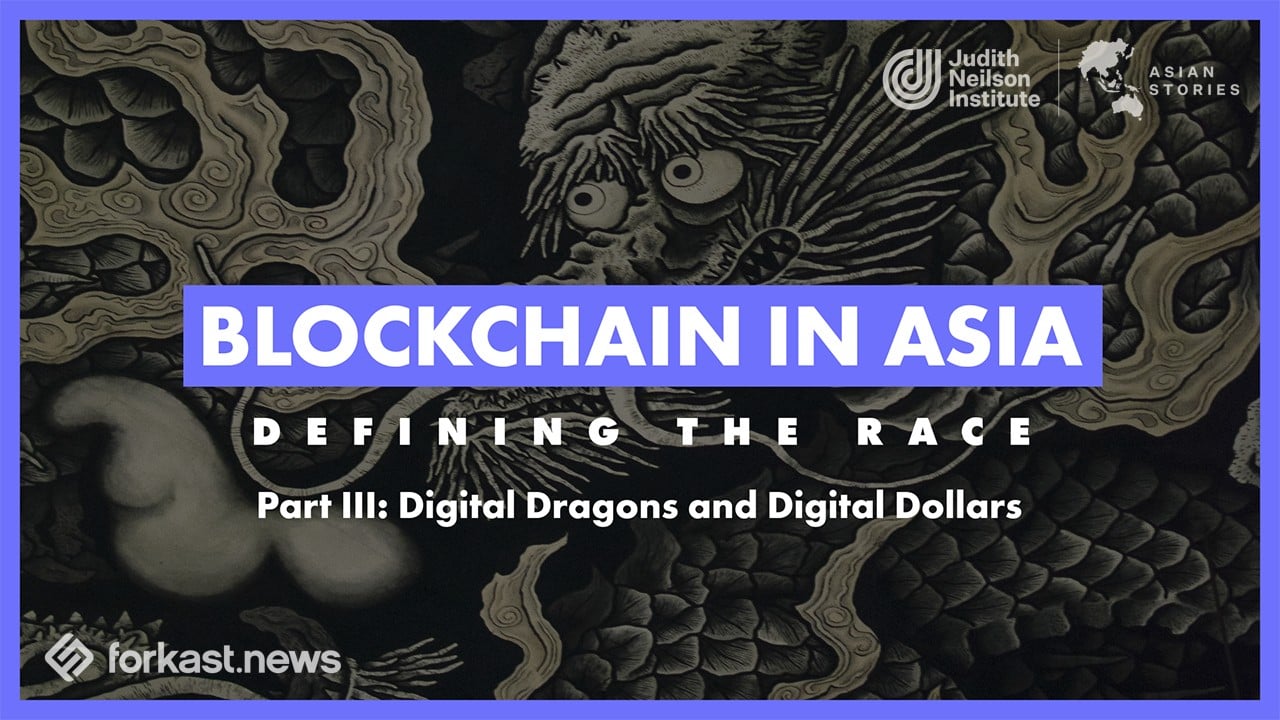
How Hong Kong can re-establish itself as a global digital assets hub
- With the inclusion of retail investors in its new regulatory regime, Hong Kong is becoming known as a digital-asset-friendly jurisdiction
- To become a true hub, it must continue to regulate effectively, recognise the specific tech requirements and include emerging retail and institutional use cases
But it is not just digital asset companies that will be supported by this new regulatory regime – financial institutions and corporations are beginning to produce distributed-ledger technology to increase efficiencies, reduce costs and offer new services to clients. This regime might just be the catalyst to spur further innovation in Hong Kong and drive the adoption of digital assets.
Tokenisation – a digital representation of a traditional asset that can be stored, transferred and settled over blockchain – allows for a common platform for traditional and digital assets to interact. This next phase in the evolution of digitisation will drive down transaction processing times, improve end-to-end transparency and attract a larger investor base.
Tokenisation is being used across multiple asset classes, including commodities, debt securities, equity securities and real estate.

Two more industry pilot projects are set to be conducted for trade finance and wealth management by some of Singapore’s biggest banks, including Standard Chartered, HSBC and United Overseas Bank, showcasing the government’s belief in the potential of distributed-ledger technology to transform capital markets.
Hong Kong’s multifaceted regulatory licensing structure, led, managed and supervised by the SFC, allows for the safe operation of digital asset exchanges in Hong Kong through principle- or rules-based guidelines. These licensing requirements give institutional and retail investors confidence that they are engaging with mature and regulated operators.

Furthermore, it is encouraging to see that the SFC recognises the importance of the safe custody of clients’ virtual assets and requires that virtual-asset trading platforms have a direct regulatory handle over the companies exercising control of clients’ virtual assets.
Between July 2021 and July 2022, the digital asset trading volume in Singapore was just over US$100 billion, compared with US$74 billion in Hong Kong. But the tide could turn in favour of Hong Kong, especially as new entrants decide to operate under the new licensing regime and explore new use cases within digital assets.
Additionally, Hong Kong is urging banks to provide critical services to licensed digital asset companies, further easing digital asset business operations and establishing its position as a digital-asset-friendly jurisdiction.
To become a true digital assets hub, Hong Kong needs to effectively regulate these assets, recognise the technological requirements that differentiate digital assets from traditional assets, and it must be inclusive of emerging retail and institutional use cases.
It also needs to think beyond the buying and selling of digital assets, and consider how to manage the risks arising from decentralised finance. For an instructive model, Hong Kong should turn towards the Middle East, specifically the Abu Dhabi Global Market’s Registration Authority, which has proposed a legal framework for distributed-ledger technology, targeting disclosures, liquidation and governance structures.
Furthermore, infrastructure that guards against operational errors and internal fraud will be critical as these operators scale up their teams and increase their transaction workflows.
It might take a while to achieve harmonisation and a globally coordinated regulatory approach but, for now, Hong Kong has the opportunity to drive regulatory clarity that balances both innovation and consumer protection.
Amy Zhang is vice-president of Asia-Pacific sales at digital asset platform Fireblocks


